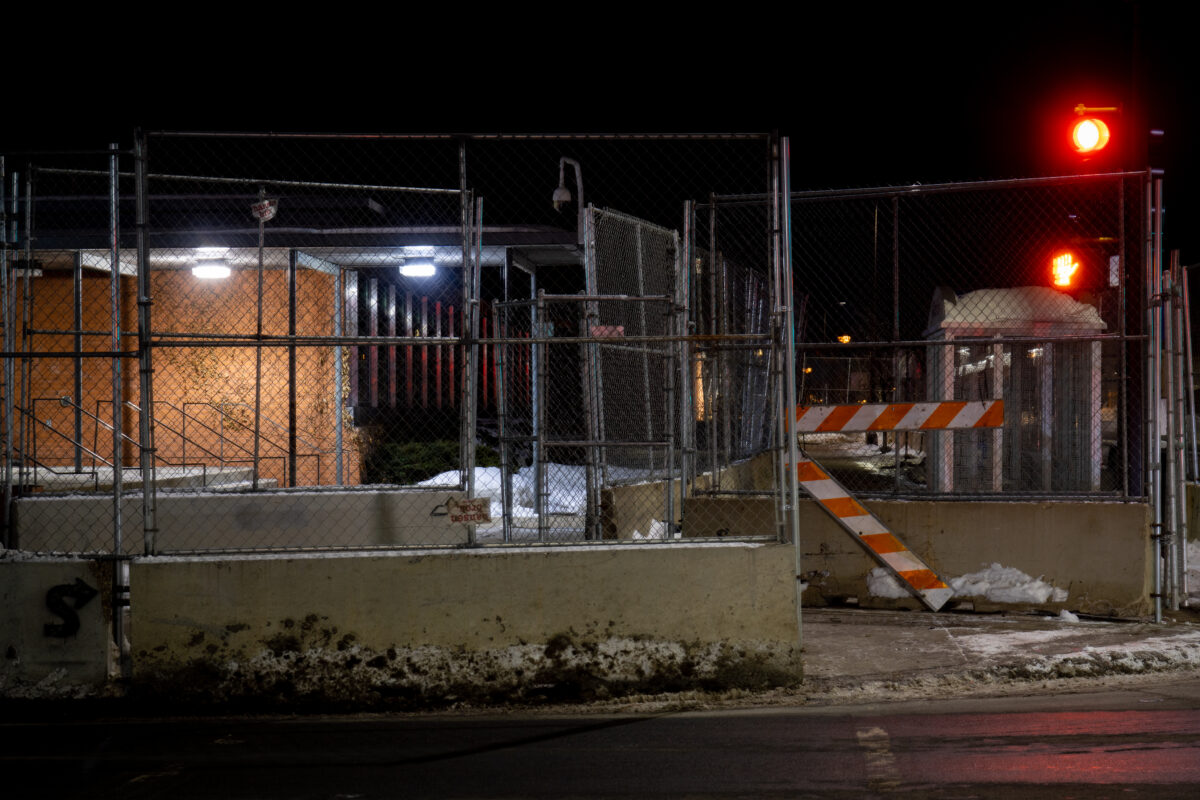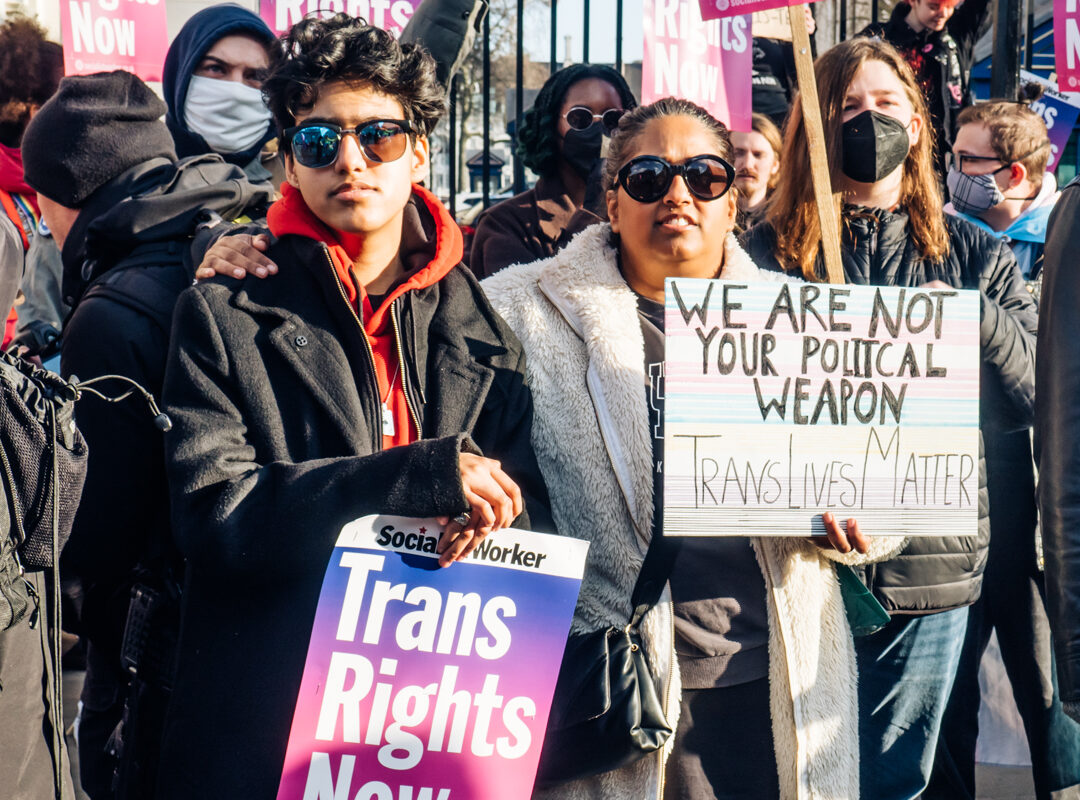After George Floyd’s death progressives the world-over hoped that things for black people in the hands of the USA police would improve. But we knew that without an on-going mobilization of working peoples and progressives, the outrage over Floyd’s death would not lead to adequate change. Following public pressure, bodycam videos have finally been released showing the brutal death of Tyre Nichols – on January 7th – at the hands of five black policemen in Memphis. It horrifies us again. But what else should it do? We describe events briefly, and then reiterate why reformist measures are needed, but will not lift this oppression from the Black and Coloured people of the USA.
“The police officers kicked Tyre Nichols in the head, pepper-sprayed him and hit him repeatedly with a baton, even as he showed no signs of fighting back. At one point, after Mr. Nichols stood up, one officer struck him with at least five forceful blows while another held Mr. Nichols’s hands behind his back. Soon, Mr. Nichols, 29, was on the ground — not far from the home he shared with his mother and stepfather — crying out in anguish: “Mom, Mom, Mom.”
New York Times 28 January 2023
That the officers were black themselves merely shows how the police system subverts the oppressed to assist in on-going oppression. As Mr.Nichols mother RowVaugan Wells said: “To the five police officers that murdered my son, you also disgraced your own families when you did this.. I’m going to pray for you and your families, because at the end of the day, this shouldn’t have happened. This just shouldn’t have happened. We want justice for my son.” (New York Times 28 January 2023)
Mrs Wells was extraordinarily gracious. While not wishing to add any hurt, prayers are likely not enough to change the systemic issues here. While these police officers were quickly dismissed and charged with second degree homicide, the officers may yet escape just conviction. That will in part depend on whether a ‘Special Grand Jury’ is convened to hear their case, the most likely option. That system has long been abused, and enables the authorities to escape their just desserts.
As ‘The American Bar Association’ told a hearing in 2000:
“The grand jury is a unique body in our legal system. It possesses awesome powers: The grand jury’s work is conducted in secret… Courts do not generally supervise its work closely…. But the grand jury has also come under increasing criticism for being a mere ”rubber stamp” for the prosecution without adequate procedural safeguards. Critics argue that the grand jury has largely lost its historic role as an independent bulwark protecting citizens from unfounded accusations by the government.”
Constitutional Rights And The Grand Jury; Reforms
Both the police and the legal systems are stacked against Blacks and African-American victims, and the working class. In ‘The German Ideology’ Marx and Engels warned that the law is only the expression of the will of the ruling class, it becomes the law of state: “The individuals who rule in these conditions – leaving aside the fact that their power must assume the form of the state – have to give their will, which is determined by these definite conditions, a universal expression as the will of the state, as law, an expression whose content is always determined by the relations of this class, as the civil and criminal law demonstrates in the clearest possible way.” (Volume 5 CW p.39; The German Ideology)
This pan-USA struggle pits the Black working class against the police. But African-Americans have not been silentover the last 50 years. Black populations have mounted repetitive resistance, nearly always precipitated by police violence:
“These types of uprisings have been a nearly perennial occurrence in the United States for more than fifty years. In the month following the assassination of Martin Luther King, Jr., black uprisings erupted in more than 125 cities, leading to 50 deaths and more than 15,000 arrests. In the years that followed (1968–72), at least 960 segregated black communities witnessed 2,310 separate incidents of what journalists and state security officials described as “disturbances,” “uprisings,” “rebellions,” “melees,” “eruptions,” or “riots.”… this type of collective violence almost always started with contact between residents and the frontline representatives of the state—the police—and then quickly moved to other institutions.”
Elisabeth Hinton, The Minneapolis Uprising in Context
Marxist-Leninists understand that while resistance is primarily voiced by African-Americans it is also loudly echoed by non-Blacks – including many who are white. Such solidarity recognizes the validity of Marx’s dictum:“In the USA, every independent workers movement was paralysed as long as slavery disfigured a part of the republic. Labour in a white skin cannot emancipate itself where it is branded in a black skin.” (Karl Marx, Capital Vol 1; Chapter 10)
Dr. Martin Luther King prophetically recognised toward the end of his life that only “social justice and progress are the absolute guarantors of riot prevention. There is no other answer. Constructive social change will bring certain tranquility; evasions will merely encourage turmoil.” (Cited by Elisabeth Hinton, The Minneapolis Uprising in Context),
But capitalism does not easily hear such words. The more far-sighted capitalists recognize there must be changes if the system is to survive. But again: “capitalism would not be….. etc”!
The problem facing the working class and its supporters is that there is no viable organised Marxist party to fight for a socialist path. Decidedly Biden and the Democratic Party is not that. They may make some reforms which we willingly take. But, they are always far short of what is needed. What is needed is a determined workers party both in theory and practice – that can assist in forging the needed links between all sections of a divided class of workers.
This article was originally written for the American Party of Labor




